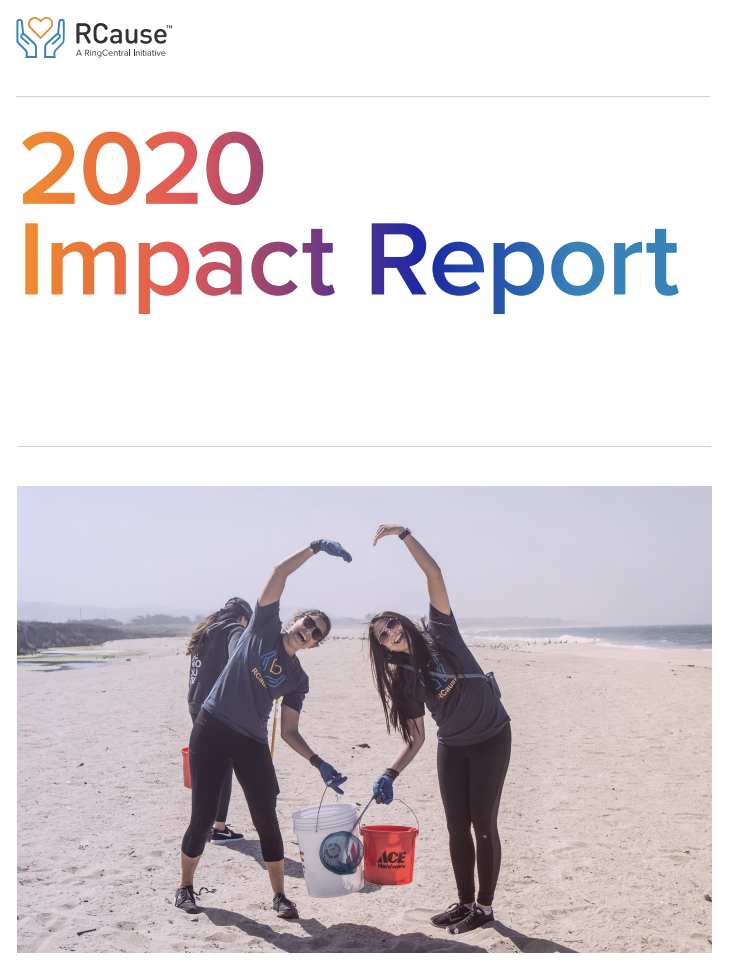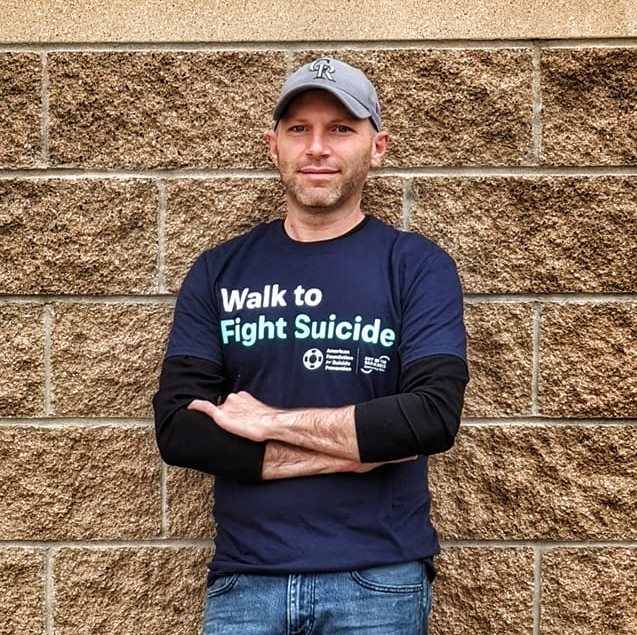Highlights:
- Mental health is a growing concern among communities and companies alike—especially after the pandemic.
- Here at RingCentral, we strongly believe that the mental health of our people always comes first. We support our people through wellness programs, self-care days, and a culture of openness.
- For Suicide Prevention Awareness Month, we spoke with Chris Lombardi on why it’s time for companies to start addressing mental health in the workplace.
Mental health and work have always had somewhat of a one-sided relationship. From the day we enter the workforce, we’re taught to bring only our best selves to our jobs—to leave our problems at home.
But work isn’t what it used to be. During the pandemic, we saw record-levels of job uncertainty and massive changes in our lives—all of which exacerbated an already-growing decline in national wellness. In fact, 46% of workers surveyed at the end of 2020 said they were struggling with mental health issues.

It’s time businesses have an open discussion about mental health. Suicide ranks #10 in leading causes of death in the US, and it increased by 33% between 1999 and 2019. The more we choose to ignore it, the more we prevent people from achieving their best work.
For Suicide Prevention Awareness Month, we sat down with Chris Lombardi, Partner Success Manager at RingCentral, to discuss his personal journey and how companies can dismantle the stigmas around mental health in the workplace.

Chris Lombardi, Partner Success Manager
Chris, can you tell us why mental health matters to you?
I’ve lost friends and loved ones to suicide throughout my life. I’ve also battled my own demons when it comes to mental health.
Mental health matters to me because there’s so much that can be done on the prevention side. For example, in the workplace, people can be scared to open up about their issues. It’s taboo and sometimes frowned upon.
However, people are much more willing to be vulnerable when they know that they’re not alone. I started doing presentations at work and conferences and got really great feedback. From there, we were able to start addressing this as a company and organization.
Mental health is a topic many can shy away from. Can you share more details on how prevalent this issue is? What is the impact of now acknowledging it?
When you look at it as a whole, suicide is:
- The 10th leading cause of death in the United States
- The second leading cause of death for those aged 10-34
- The fourth leading cause of death for those 35-44
Furthermore, it affects underserved communities at even higher rates:
- Suicide rates are 3 times higher in the LGBTQ+ community
- Veteran suicide rates have always been higher than average and during the COVID-19 pandemic, cases have increased the most for that demographic.
Why should mental health be prioritized in the workplace?
People don’t realize how much this can affect productivity and work.
- A company can lose up to 27 days a year from its employees from depression and anxiety. It can also lose 35 days to bipolar disorder.
- Depression can inhibit a person’s ability to complete their job about 20% of the time, and reduces cognitive performance about 35% of the time.
- For every dollar a company invests in mental health, they’ll get $4 back.
What can you recommend if someone is hesitant to reach out for help at work?
A few things. First, they should view their managers or colleagues as resources rather than obstacles. They should realize it’s okay to open up about mental health.
At RingCentral, we have an EAP and all of our employees get a free membership to headspace. Every once in a while, we encourage employees to revisit the resources available.
Often times at work, folks can feel hesitant to reach out for support. How can managers and leadership help?
There are a few things they can do:
- Being an ally is simpler than you think. Just ask someone, “How is your day going? How is your mental health?” It’s easy to ask and to respond! You don’t have to be a therapist. You don’t have to have the answer. You can just listen and share the resources to get help.
- Every once in a while, revisit the resources available to employees in a group setting. This can be done at meetings or check ins, and it’s a great way to anonymize the message.
- One of the best ways to be an ally is to equip yourself with specific skills to address mental health. One of my favorite resources is the Mental Health First Aid. I think of this as “CPR for mental health”.
How else are you involved with mental health and raising awareness?
Currently, I volunteer and fundraise for the American Suicide Prevention Foundation. They have a lot of resources for different demographics and mental illnesses.
For example, they promote The Trevor Project for LGBTQ+ Youth and Mission 22 for servicemembers and veterans. These are two organizations that RingCentral was proud to support through our grant program earlier this year.
I also support Movember. Men account for 69% of the suicides in America, and they focus on addressing that level of disproportion.
How can we raise awareness and reduce the stigma of mental health?
Mental illness is the #1 disability around the world. But what makes this statistic so striking is that society hasn’t yet recognized the gravity of mental illness—it’s mostly given the backseat to other health concerns.
The reality is, mental illness impacts your physical health, your work, and just about every part of your life. And by not addressing these issues as a whole, we’re holding entire teams, companies, and communities from achieving their best.
So how can we reduce the stigma around mental health? Let’s start by openly encouraging people to share their stories. Whether it’s through planned, deliberate events such as wellness meetings, or just casually checking in on your colleagues and friends, human connections help.
Any final thoughts?
At RingCentral, all employees have access to Headspace, Taskhuman, and an EAP, all of which provide mental health and wellness services for free.
And if you’d like to show your support for suicide prevention, you can check out our fundraiser for the American Foundation for Suicide Prevention here.
Originally published Oct 07, 2021, updated Dec 30, 2022





